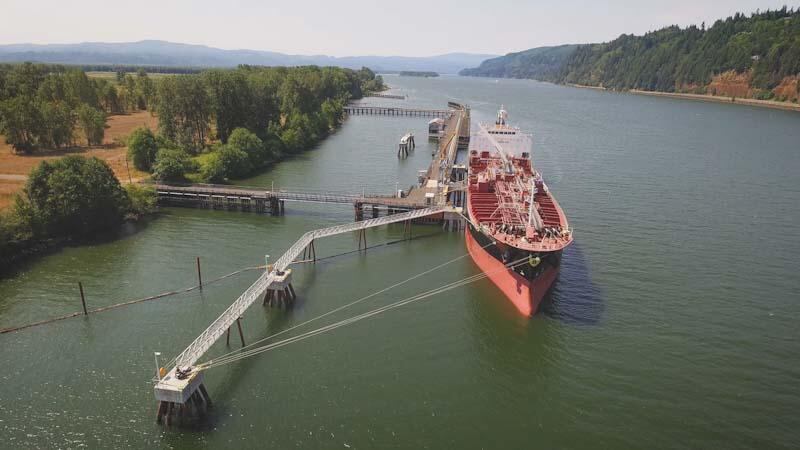Next Renewable Fuels, a Houston-based company that wants to make renewable diesel fuel out of fish guts, says it’s received an air quality permit from the Oregon Department of Environmental Quality to build a plant at Port Westward, Ore., on the Columbia River.
After an 18-month review, DEQ determined that Next “is not a major source of EPA-listed hazardous air pollutants,” Next says. Getting the permit is a big deal because Oregon has some of the most stringent air quality standards in the nation, says Next spokesman Michael Hinrichs.
The company hopes to complete the permitting process next year and start construction of its refinery soon afterward.
Like biodiesel, renewable diesel is made from biomass like vegetable oil and animal fat. In addition to those ingredients, Next plans to use “fish grease” generated by seafood processors, most of which is discarded, Hinrichs says.
The Columbia Riverkeeper opposes the project, saying the refinery would emit smog-forming compounds and bring the risk of fuel spills to the banks of the Columbia because the ground around the proposed refinery is often sodden and unstable.
